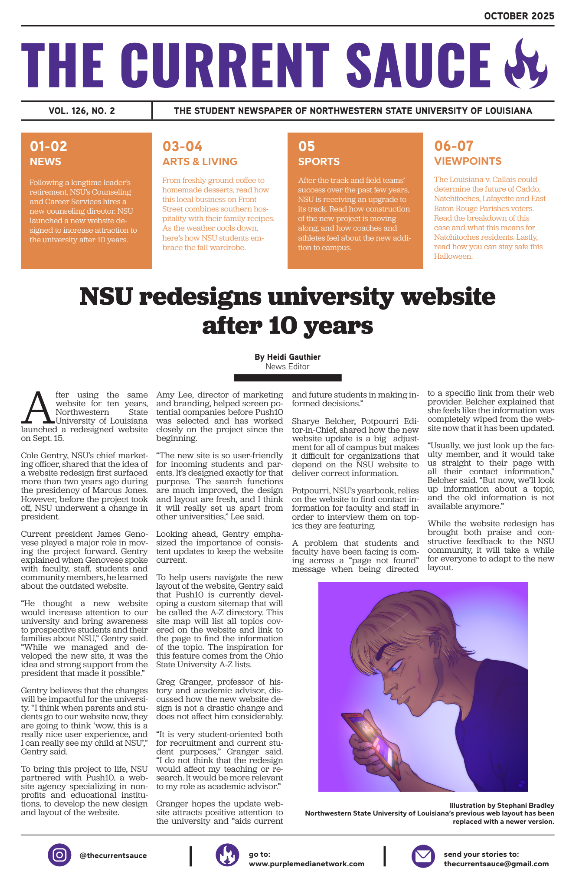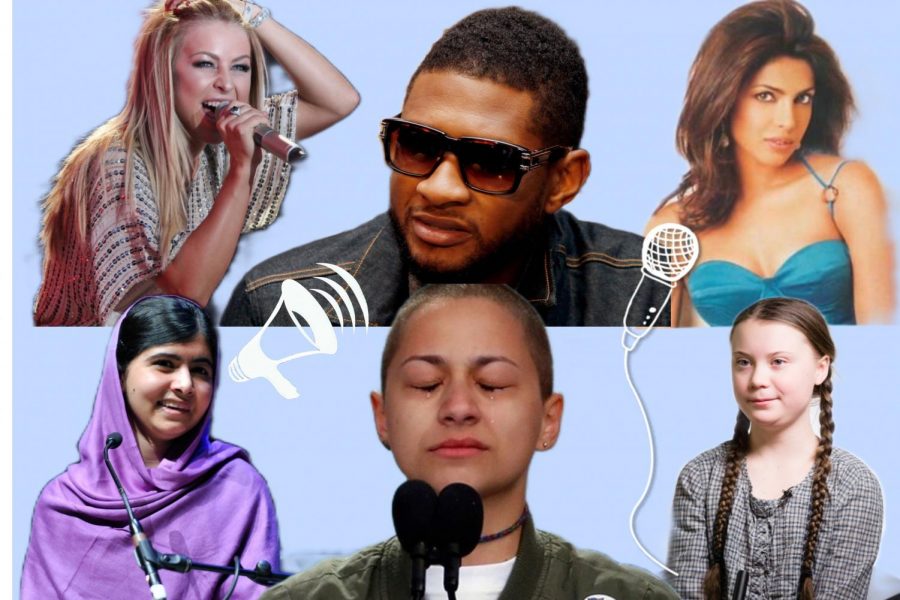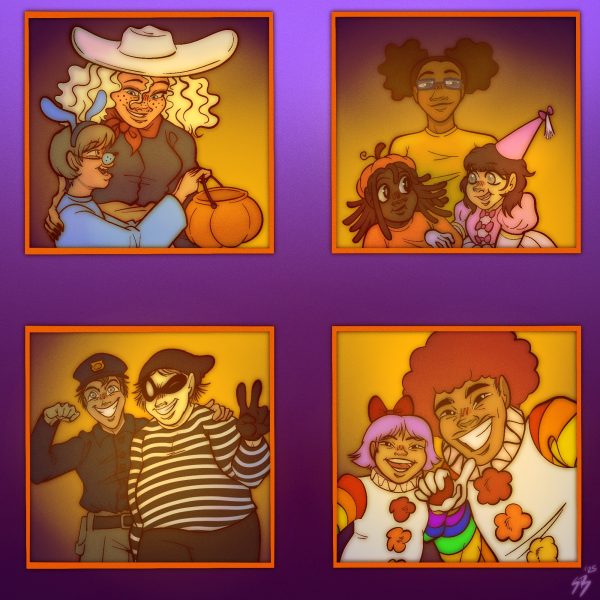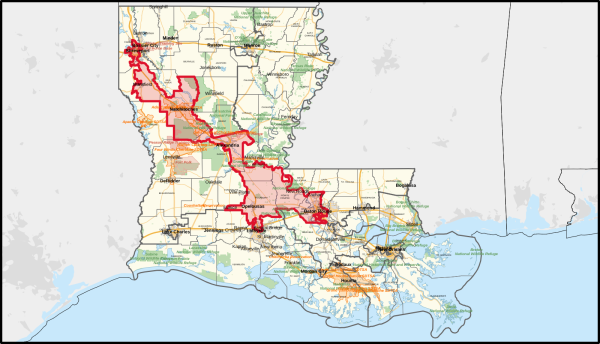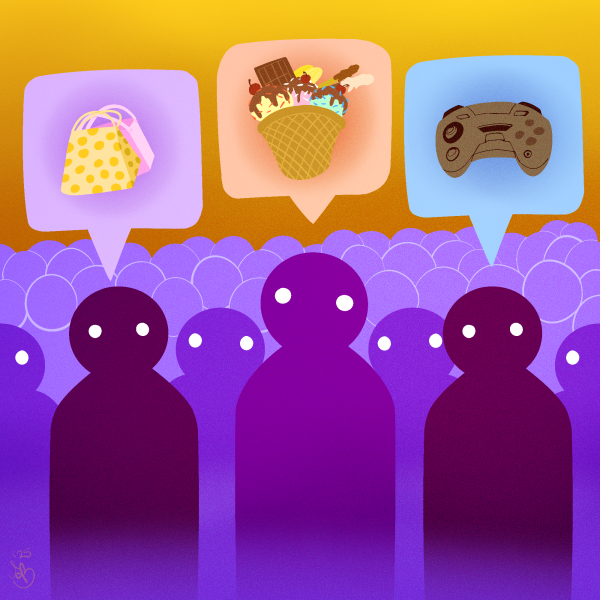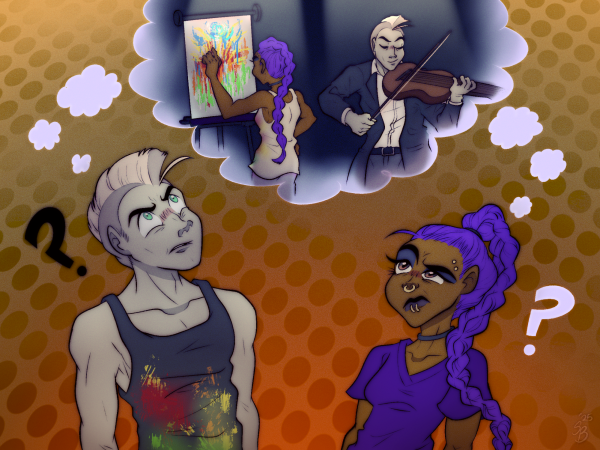Activism: a force in society moved to reality TV
With a society so influenced by the media and content, it would only make sense for the idea of a television show on activism to arise.
Activism. A movement of action to bring about political or societal change. When thinking of activism, many people will have a few key ideas pop up first.
For me, the first thing I think of is change. Some examples of change are the civil rights movement in the 1960s paired with the push for equal voting rights both for people of color and for women (and many others). It’s what we learned at an early age. Those movements define activism.
Once that first defining thought passes, I move on to what I think activism is right now, and the most recent societal issues, starting with the right to carry arms in relation to public shootings. I started high school at the peak of the conflict in 2016.
Every day there would be a new development, and by the next month, there would be a report of another shooting. Not to say it wasn’t happening before, or still isn’t happening, only that the news coverage of it at the time was very focused.
Meanwhile, the secondary thought that pops into my head is the Black Lives Matter movement. We are only gaining momentum as we move forward, continually stepping closer to an unseeable tipping point.
In such important times, there are many things that can help or hinder the process.
In modern times, social media is a very important thing in spreading ideas and gaining momentum, but with attention comes controversy.
With a society so influenced by the media and content, it would only make sense for the idea of a television show on activism to arise.
CBS’s new show, “The Activist” set to premiere October 22, 2021, plans to bring the world together in the form of a reality television show featuring six inspiring contestants, or activists, who will work with three high profile public figures to bring change to the world. The show will lead up to the World Summit, where they will hope to bring to light important issues by communicating directly to the world’s leaders.
At least, that’s what the show was going to be about.
Now, recent news from CNN announces that CBS is changing the direction of the show in response to massive backlash resulting from the show’s original idea. The show will now turn into a documentary showcasing 6 individuals who are currently reaching for their causes. A quote from the CNN article on the show’s redesign says they hope to, “inspire more people to become more involved” by “showcasing their (the activists) work.”
I personally feel that the reality/contest show format of the original idea was disrespectful to real activists and real issues. Making it one step away from a gameshow made the show idea seem like it was fishing for attention and money by piggybacking off the newest “trend” of social activism.
The show, should it have remained as it was originally pronounced, would have made an already existing issue of bystander syndrome even more pronounced.
Defining bystander syndrome in my own terms, I will start with social media and how it creates a glass screen through which people view the world through someone else’s eyes. Be it, the news reporter, the photographer, the neighbor, really anyone’s own opinions are consciously (or unconsciously) projected through their portrayal of things on social media.
No matter what you do, you will never see that image through your own eyes unless you were there. But we forget that the glass screen is there, and we witness what we witness as we are given it.
Bystander syndrome comes to play when we feel that simply being informed on the subject is enough. Some go further and talk about the issue with others, signal boosting it from one image to a group of people, which then spreads as it wills itself.
The initial aspect of exposure to the issue is then achieved, which is good! But then, we reach the next milestone where people are then given the choice to act or not. There is no other thing that can happen at this point. So many feel they aren’t important enough to act, or that their action is unneeded (other people will deal with it).
Therefore, they become a bystander witnessing the action but not interfering. This moment of decision leads to the birth of an activist. Not via a show “training” people and “rewarding” them with cash prizes for who is a “better activist.”
The creators deciding to eliminate this aspect was a good call, but the subject is still touchy. Add in the fact that they could profit monetarily from the “trend” of being an activist by playing on it.
Unfortunately, I do not have a solid stance on whether or not the new show idea is a good idea or not, only that it is better than what it was. Therefore the only option is to go for it and see what happens. There are concerns on both ends. The show could profit off of signal boosting, but it could also aid the activists significantly.
Signal boosting is an important aspect of the process of change, so this show is definitely contributing to that process, that is for sure. It will only be seen with time as to how the show will portray the ideas and people and hope that the activists themselves can do what they need to do properly.
I am tired of being a bystander, as many others are. Soon enough, people will get tired of watching history follow its course.
We can only hope that day comes sooner rather than later.
Change is scary, messy and painful.
It may take many years to realize that we are better off because of it, but change will always happen, it’s up to us to decide which side to follow, and maybe “The Activist” will be another stepping stone to that goal.

